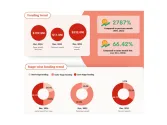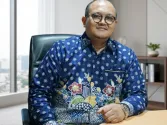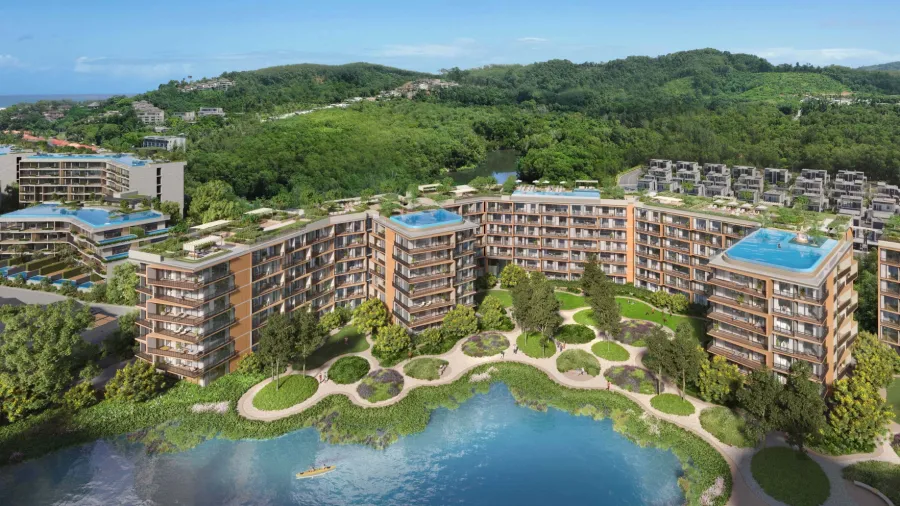
Banyan Group turns to space management for Phuket properties
It is part of the Singaporean property developer’s ‘reach for the sky’ strategy.
Banyan Group is optimising space by building amenities, including swimming pools on the rooftops of its luxury condominiums in Phuket, whose booming economy has spurred increased demand for land.
This design is showcased in Skypark Elara Lakelands, the Singaporean property developer’s newly launched luxury condominium.
“Scarcity of beachfront land especially on the prestigious central west coast where we’re located means we can look to create luxury living through spacious and high-spec apartments with private terrace or rooftop pools rather than land-intensive single villas,” Stuart Reading, managing director at Banyan Group Residences, told Real Estate Asia.
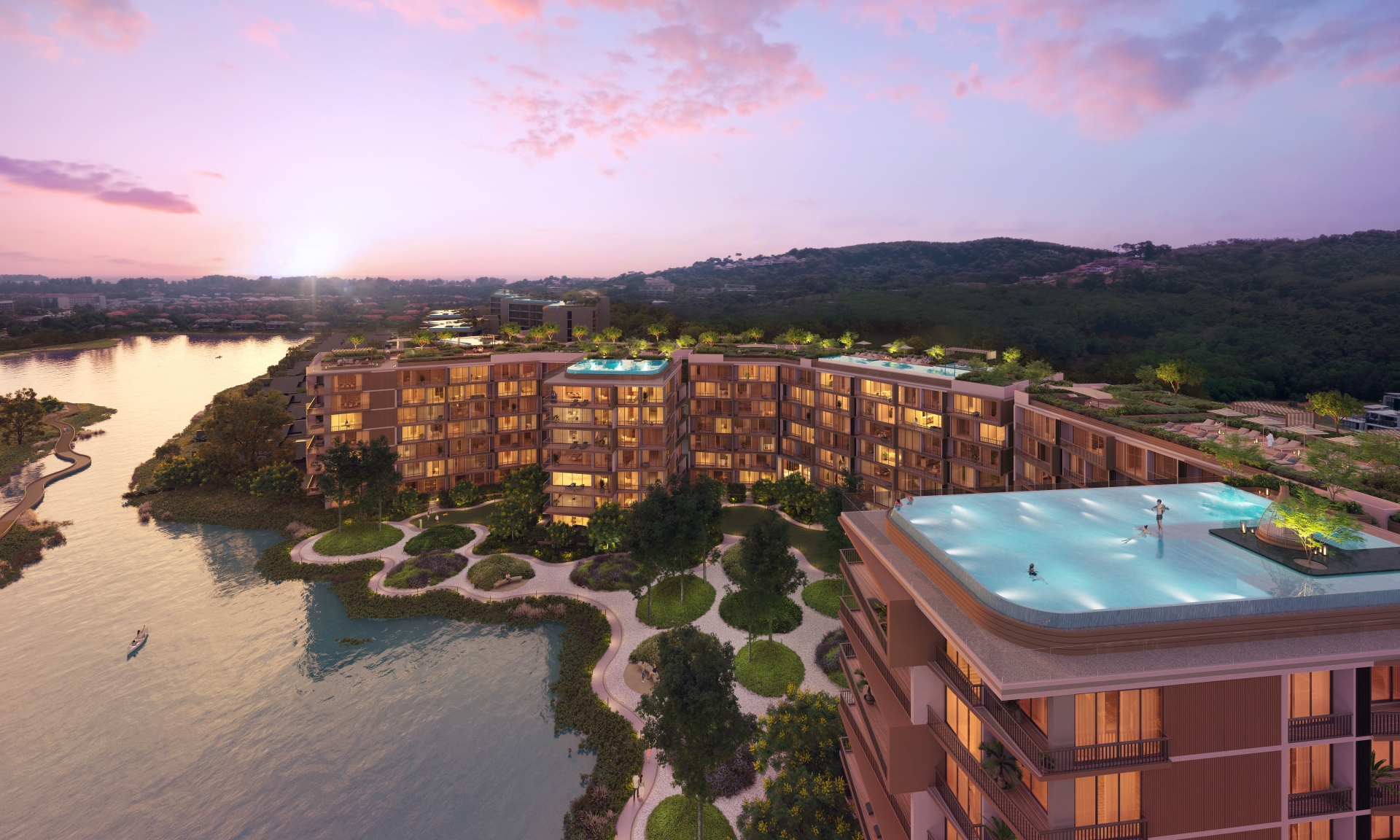
Part of the company’s Laguna Lakelands brand, the 220-unit condominium has a “reach for the sky” theme, offering rooftop experiences like an infinity pool, barbecue area, leisure spaces, and walking paths with views of the forest and lagoons.
"We put swimming pools on our rooftop, and we linked every single block so that we have close to one kilometer of jogging track and walking track and barbecue pits and everything.” Kwon Ping Ho, founder and executive chairman at Banyan Group, said in the same interview. “That’s why we call it Skypark because everything is actually in the sky.”
“Swimming pools used to be always down on the ground floor. We put it all up on the roof, and we're doing it again. In fact, we're doing that in all our properties now because the rooftop actually is a very lovely place to be at,” Ho added.
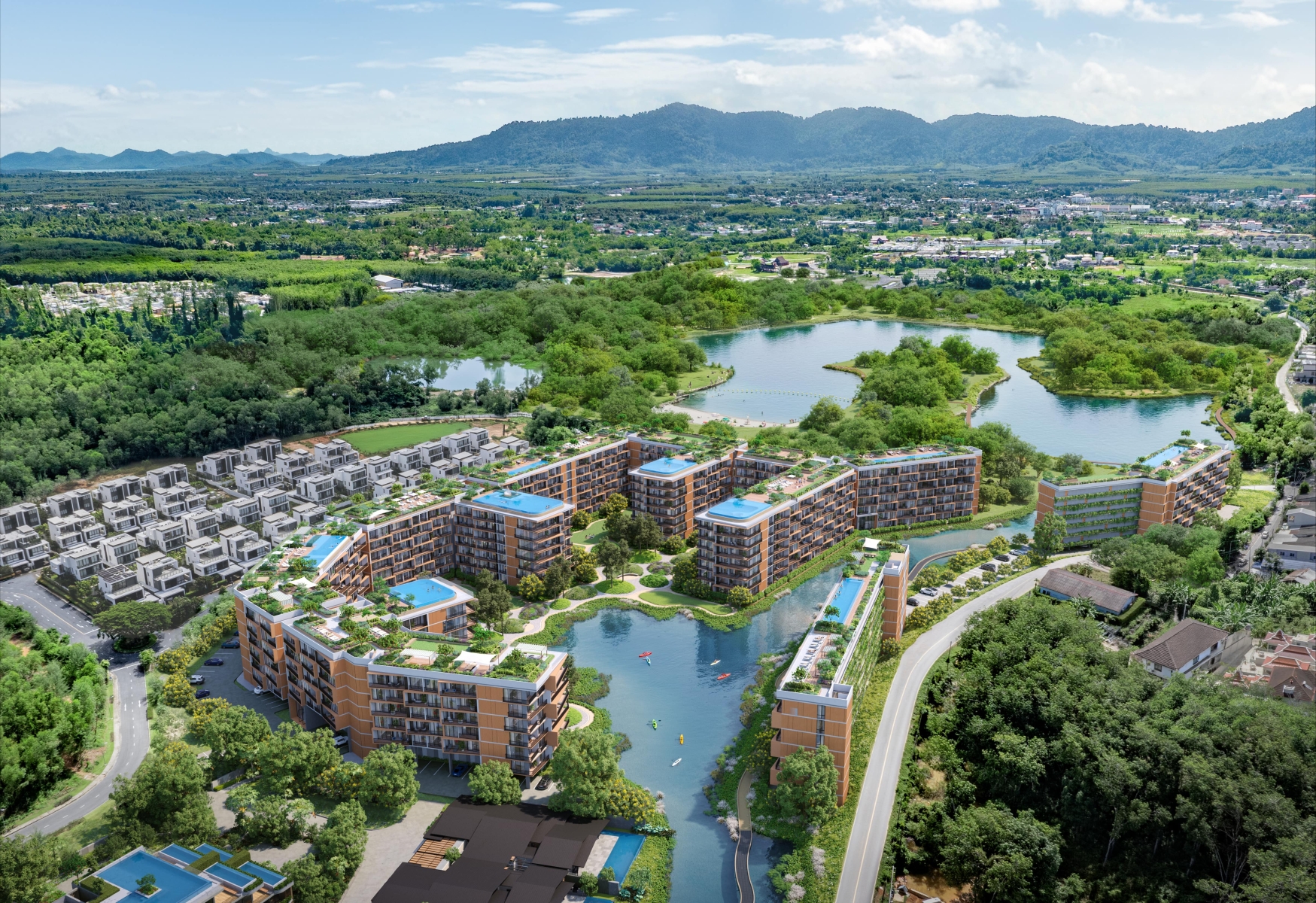
Skypark Elara draws inspiration from the first Skypark residence in Laguna Lakelands, Skypark Celeste. The vision for Skypark Elara was to create “something affordable and yet with interesting features,” he said.
“Skypark Celeste was very successfully received here in Laguna Phuket,” Ho said. “So in Laguna Lakelands, we're trying to replicate that success with little changes that will add up to being version 2 of [the original].”
“It's like rolling out a prototype car, then releasing version 2, and version 3 is always an improvement in every little aspect,” he added.
Three blocks of the low-rise seven-storey Skypark Elara Lakelands with 220 one- to three-bedroom units spanning 54 to 183 sq m are being released in the first phase. With prices starting at $233,500 (THB8m), the condominiums target buyers seeking affordable luxury.
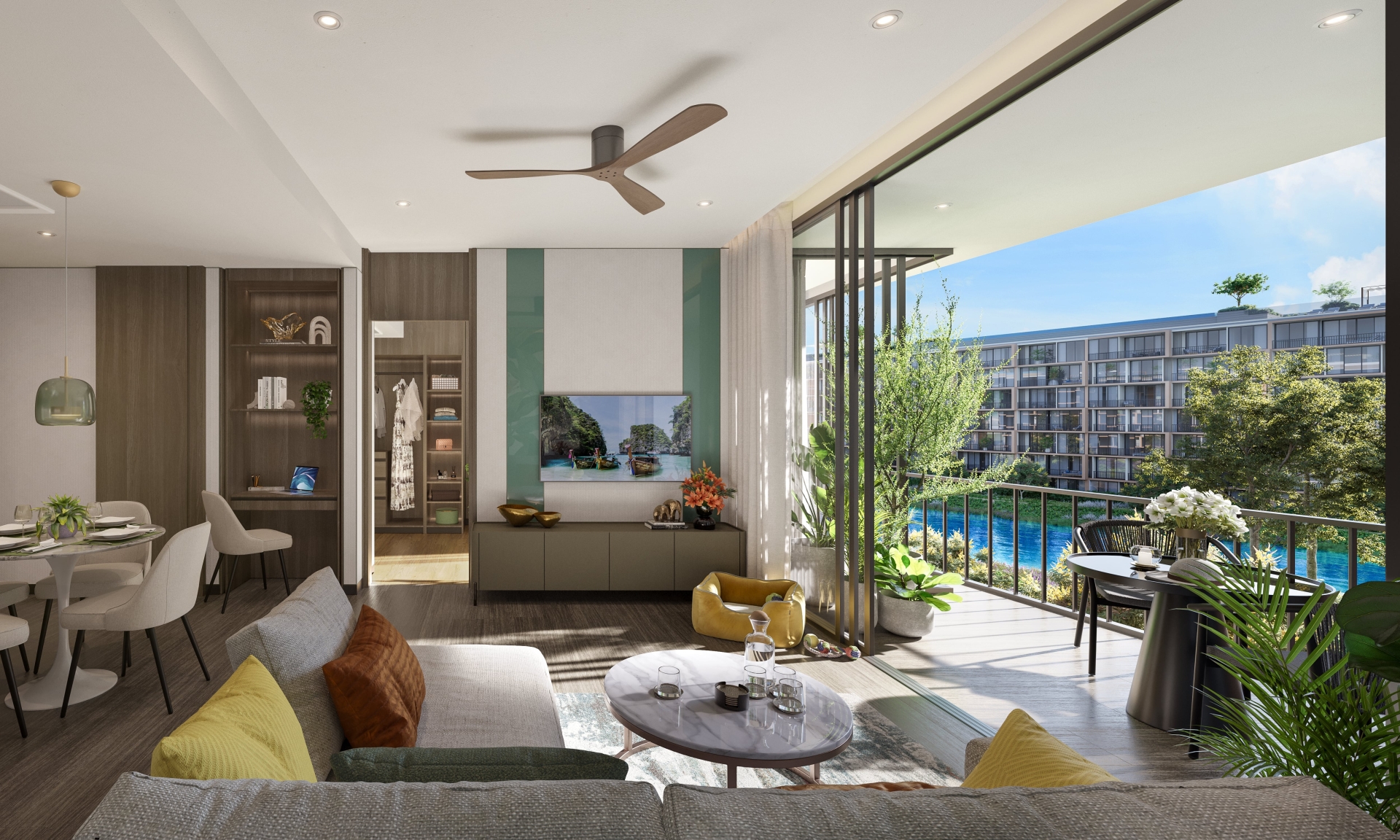
Innovation, including artificial intelligence (AI), is another cornerstone of Banyan Group’s strategy. “We’re trying to look at how AI is going to change the world we live in because it’s going to really change the world, and we’re waiting and trying to understand how it’s going to affect us,” Ho said.
He downplayed fears of AI as a “science fiction” threat, focusing instead on its practical applications. “I look more at the application of AI in virtually everything that we do, from our revenue management to our kitchens to every aspect of life. AI is going to be permeating it,” he added.
‘Ask the right questions’
Apart from catching up with the latest innovations, understanding cultural nuances also keeps the brand’s continued growth, Ho said. “The main challenge we face is understanding the peculiarities and context of each country we operate in, whether it's property development in Japan, Australia, China, Vietnam, or Indonesia.”
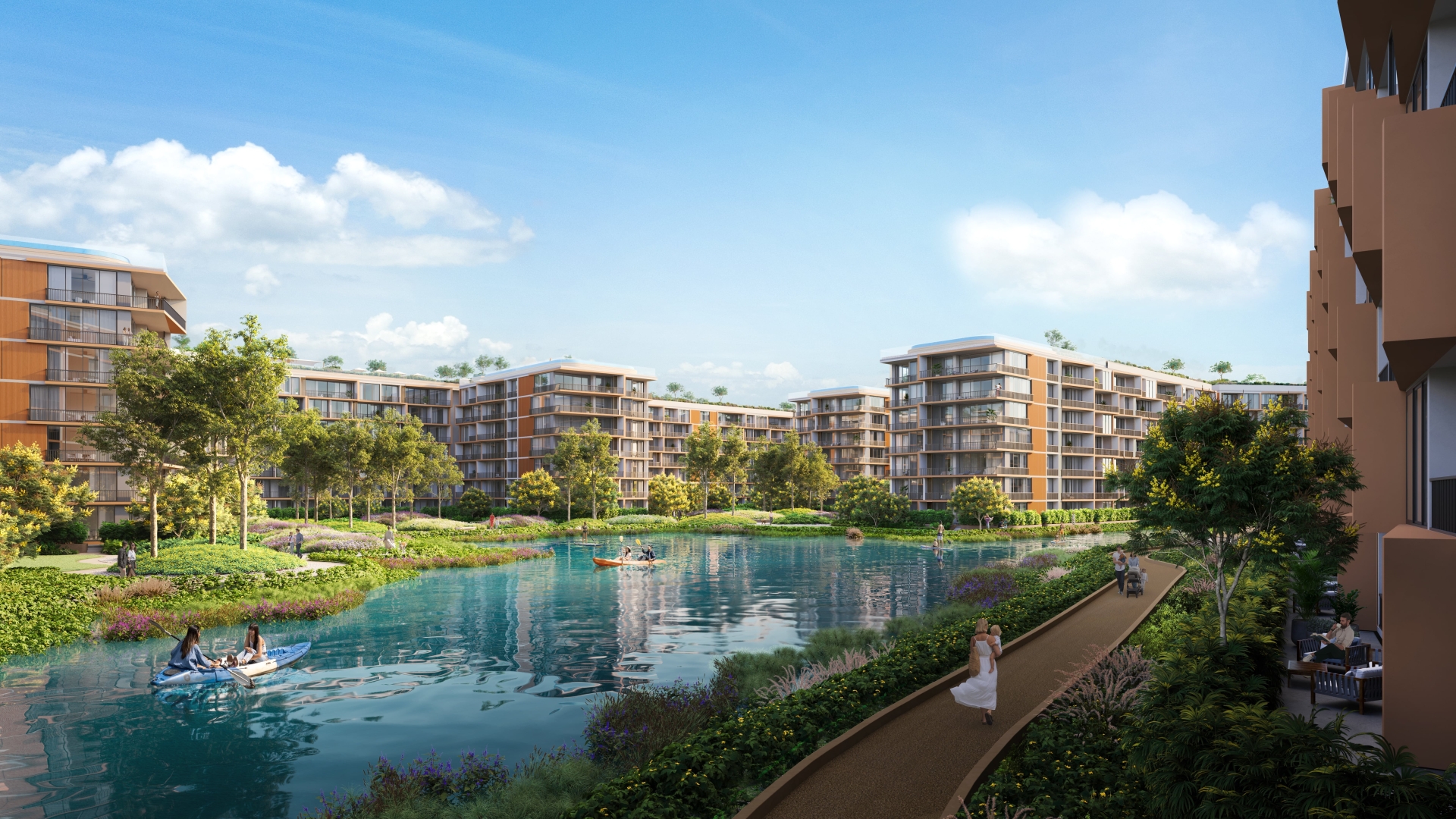
He said understanding people's motivations, which shape their lifestyles and identities, is critical. “Knowing what is universal and what is unique — and being able to identify and adapt to these differences — is critical to succeeding in different locations,” he added.
One area where cultural differences stand out is communications. “In the West, when you talk to someone and they say yes, it means, ‘Yes, I agree with you. I’m going to do it.’ But in many Asian societies, including Thailand, when you say yes, it actually means, ‘I hear you,’ but it doesn’t necessarily mean ‘I agree with you,’ and it certainly doesn’t mean ‘I’m going to do it,’” he said.
This “passive resistance” is more common in Asia and is often misunderstood by those from the West.
Ho’s approach to leadership is also influenced by his early career as a journalist. “One thing I've learned about journalism is what I would call management by asking questions,” he said.
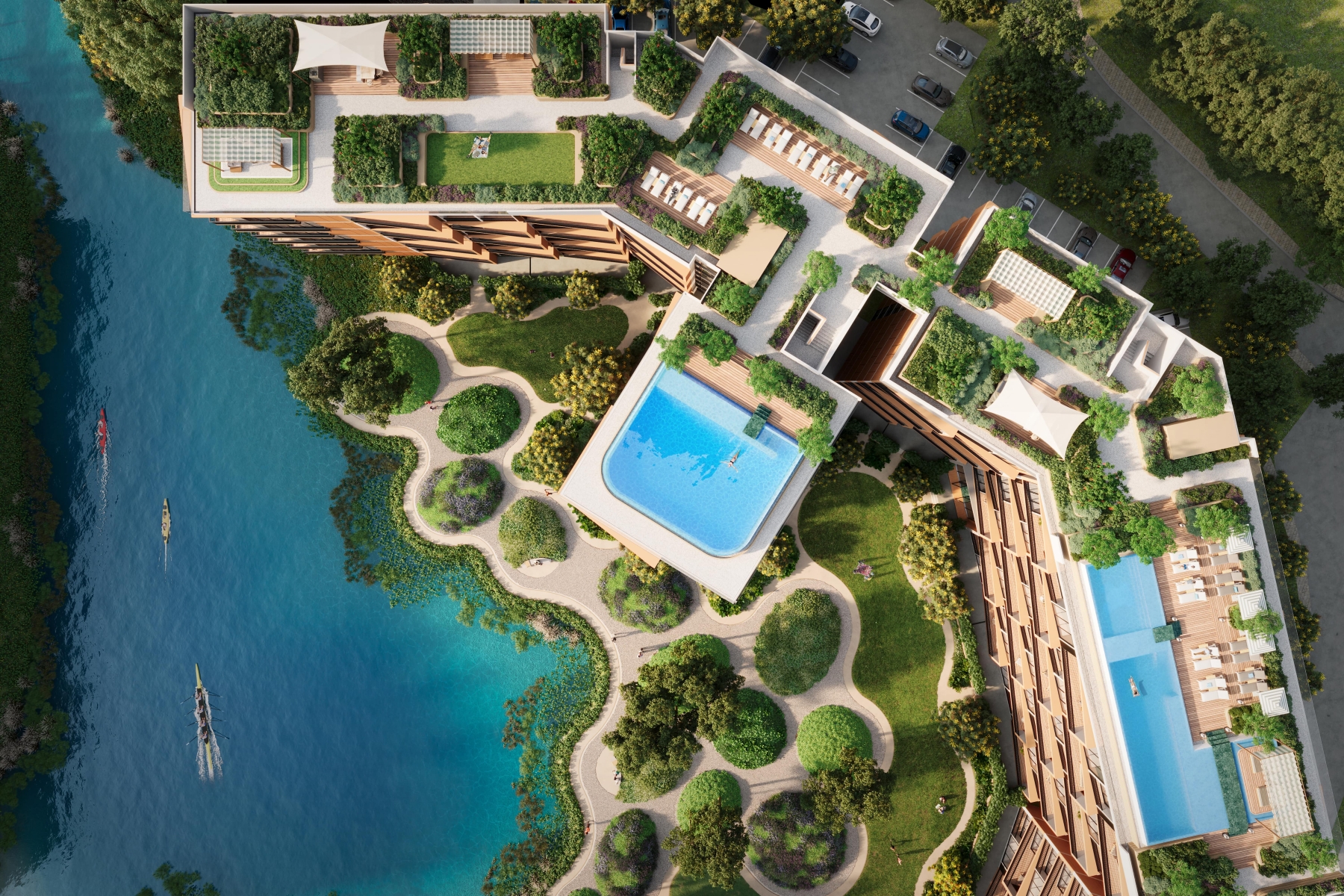
“When I was a journalist, you'd be thrown a topic, and you'd have to go and interview somebody, and write a story pretty quickly about something you don't know anything about. You have to arrive at a conclusion,” he said.
This skill helps him in his business role. “There are a lot of things I don't know about in business, and I have to ask the right questions because sometimes, it is more important than getting the right answer,” he added.


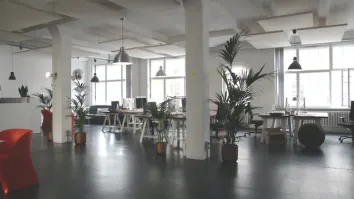
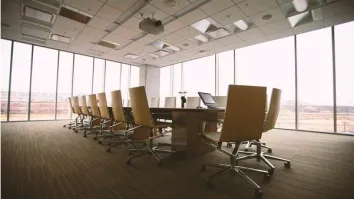
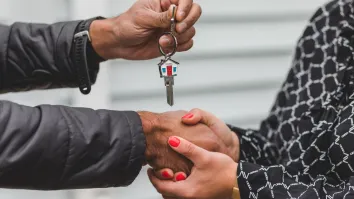
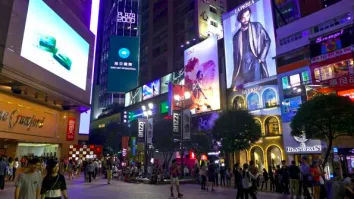







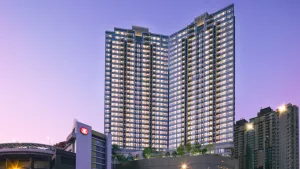



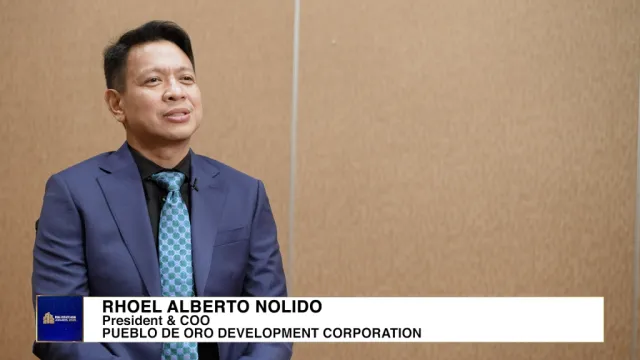

 Advertise
Advertise



